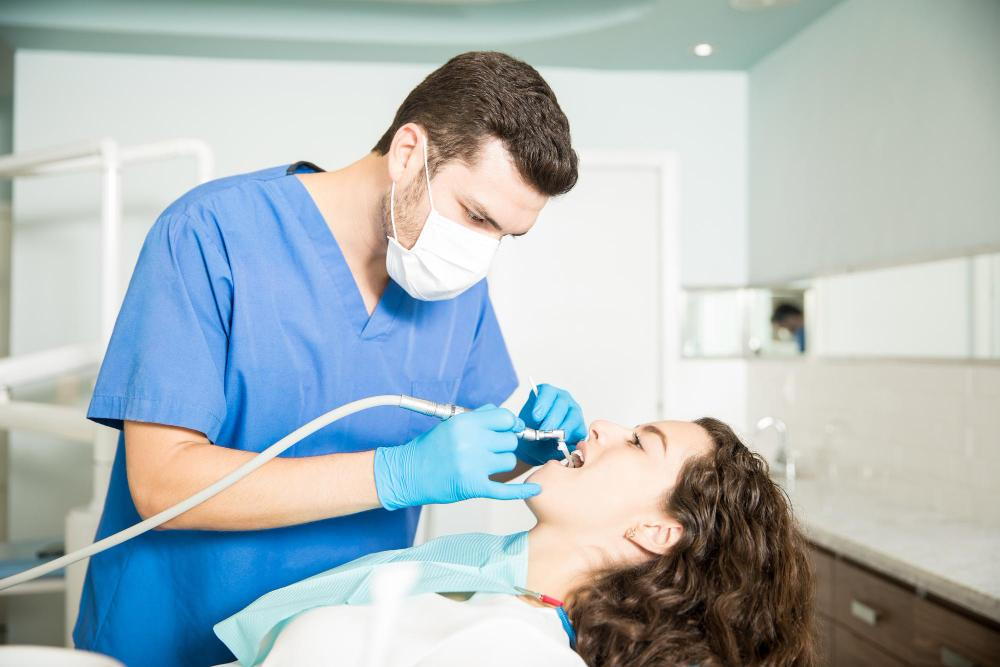
Dental emergencies can occur at any time and can be stressful and uncomfortable. Your oral health can be saved if you know how to recognize a dental emergency, what you can do, and when to go to emergency dentists. This blog will give you all the information you need to know about dental emergencies.
What Are Dental Emergencies?
Any issue that needs to be resolved immediately to protect a tooth, stop blood loss, reduce excruciating pain, or avoid additional damage or infection is considered a dental emergency. Tooth loss, extreme tooth pain, broken or chipped teeth, bleeding gums, and loose or dislodged teeth are some common dental emergencies. Infection or abscess can on sometimes also be a dental emergency.
Signs and Symptoms of Dental Emergencies
Recognizing the symptoms and signs of an emergency with your teeth is essential. You possibly need urgent dental treatment if you go through any of the following:
Teeth or mouth discomfort that is sudden or intense
A tooth that is fractured, chipped, or cracked
Bruising or swelling of the gums
Infection or abscess in your mouth
Bleeding from the gums or mouth
A broken or loose tooth
A broken or cracked dental crown or filling
What to Do in a Dental Emergency?
In the case of an emergency with your teeth, it's essential to take action fast and get assistance as soon as you can. The following advice can help you deal with a dental emergency:
Rinse your mouth clean with warm water if you have pain in the teeth, and use the floss to get rid of any food particles or debris that can be wedged in between your teeth. Contact the emergency dentist if the pain continues.
If you have a chipped or broken tooth, you should use a cold compress to minimize swelling while also rinsing your teeth with warm water. To schedule an emergency appointment, call the dentist.
If you develop an infection or dental abscess, wash your gums with lukewarm salt water and make an emergency appointment with your dentist. It can be important to take antibiotics to stop the illness from spreading.
If you can, try to put a knocked-out tooth back in its socket. If not, put it in milk or salt water and take it with you when you go to the emergency dental visit.
If you have a tooth that is loose or out of place, try to gently reposition it with your fingers while holding it in place. Call a dentist right away.
Why Contacting Emergency Dentists is Crucial?
You should speak to an emergency dentist immediately if you are experiencing a dental emergency. While some dental clinics can refer you to a specialized emergency dental clinic, others can provide after-hours emergency service. In case of an emergency, it's crucial to have an emergency dentist's contact info written down or stored in your phone.
Conclusion
Dental emergencies can occur at any time, so it's crucial to understand how to recognize them, what to do in these situations, and who to call for assistance. You can maintain your dental health and stop additional injury or infection by following these recommendations. Always act fast and get the assistance of emergency dentists as soon as you can if you have a dental emergency.
